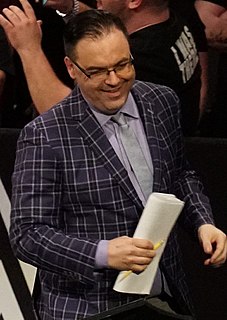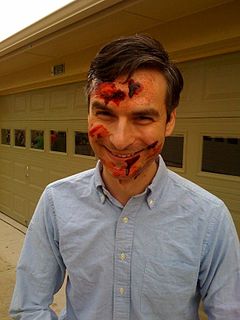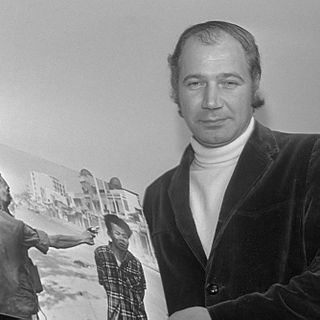A Quote by Garry Winogrand
I knew that was coming. That's another stupidity. The people who use the term don't even know the meaning. They use it to refer to photographs they believe are loosely organized, or casually made, whatever you want to call it. Whatever terms you like. The fact is, when they're talking about snapshots they're talking about the family album picture, which is one of the most precisely made photographs.
Related Quotes
Always, when the words art and artistic are applied to my photographic work, I am disagreeably affected. This is due, surely, to the bad use and abuse made of those terms. I consider myself a photographer, nothing more. If my photographs differ from that which is usually done in this field, it is precisely because I try to produce not art but honest photographs, without distortions or manipulations.
The books I made, most of those books were made in the '80s or early '90s. I was reacting emotionally at that time; it wasn't an intellectual thing. I didn't make those things for public presentation; those were for my friends. So I wasn't doing this to be an advocate for what I'm talking about right about now. But I'm realizing I was working properly as an artist, or whatever you want to call it, as somebody that naturally was inquisitive.
She [Hillary Clinton] knows the people well. I think there is - you know, also talking about breaking down barriers and talking about that, whether we`re talking about that in economic terms. I mean, she`s the only person who has been out there talking about white privilege and talking about sort of the intersectionality of some of these issues.
We've done a couple of women's mags, but we tend to talk about feminism and women in the industry, which I feel more comfortable talking about. It's a more valuable discussion than, 'Oh, you're a girl in a band. What hair conditioner do you use?' I use hair conditioner, and I like talking about it. But I don't want that to be the question.
We don't like to use the phrase "state security" in the United States because it reminds us of all the bad regimes. But it's a key concept, because when these officials are out on TV, they're not talking about what's good for you. They're not talking about what's good for business. They're not talking about what's good for society. They're talking about the protection and perpetuation of a national state system.
In narrative cinema, a certain terminology has already been established: 'film noir,' 'Western,' even 'Spaghetti Western.' When we say 'film noir' we know what we are talking about. But in non-narrative cinema, we are a little bit lost. So sometimes, the only way to make us understand what we are talking about is to use the term 'avant-garde.'
Fake is not a word I like to use because there's nothing fake about what I do. It's a show, it's a predetermined outcome; we're putting on a television drama, action, comedy, whatever you want to call it - but it's not fake. Fake would be if I was just about to take a body slam, and my stuntman did it. Fake would be if I was going to take a chair shot to the head, and the chair was made of rubber. I'll tell the world that it's a show, but I hate the word fake. It's such an unfair term to us.
Saudi Arabia is so conservative. At first there were photographs of women I took that I couldn't publish - of women without their abayas. So I started writing out little anecdotes about things I couldn't photograph and wove it in with a more obscure picture and called it "moments that got away". I realised these worked as well as the photographs by themselves. There are a lot of photographers who feel the story is all in the photographs but I really believe in weaving in complementary words with the pictures.
The basic thing is to be humble, and pretend you're a bartender in the tavern of life. Don't get too comfortable and don't really listen to anybody else. Don't stand around with a bunch of writers and talk about writing. You know when you see plumbers at a plumbers convention, usually they're not talking about plumbing: they're talking about whatever it is that two men happen to talk about. They're talking about sports, their wives and children. I just tell my students, don't talk about writing too much, just go out and do it. Find out whatever you need to get to the mainland.




































